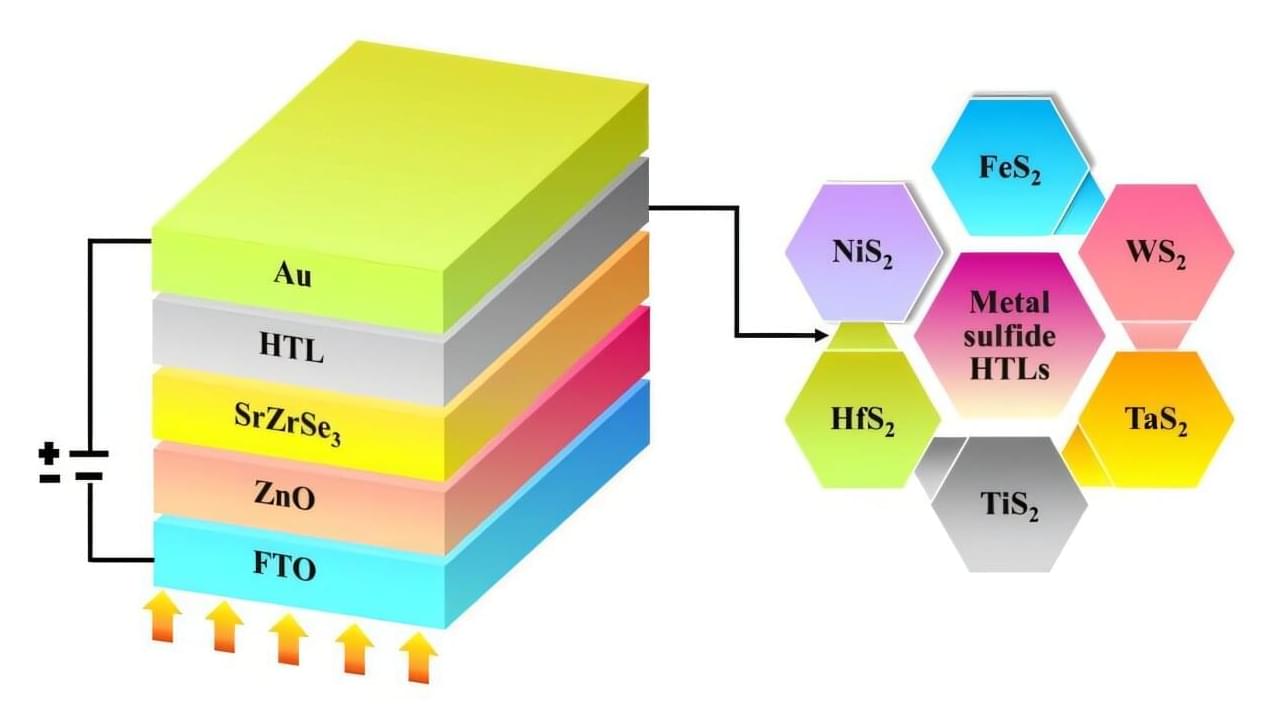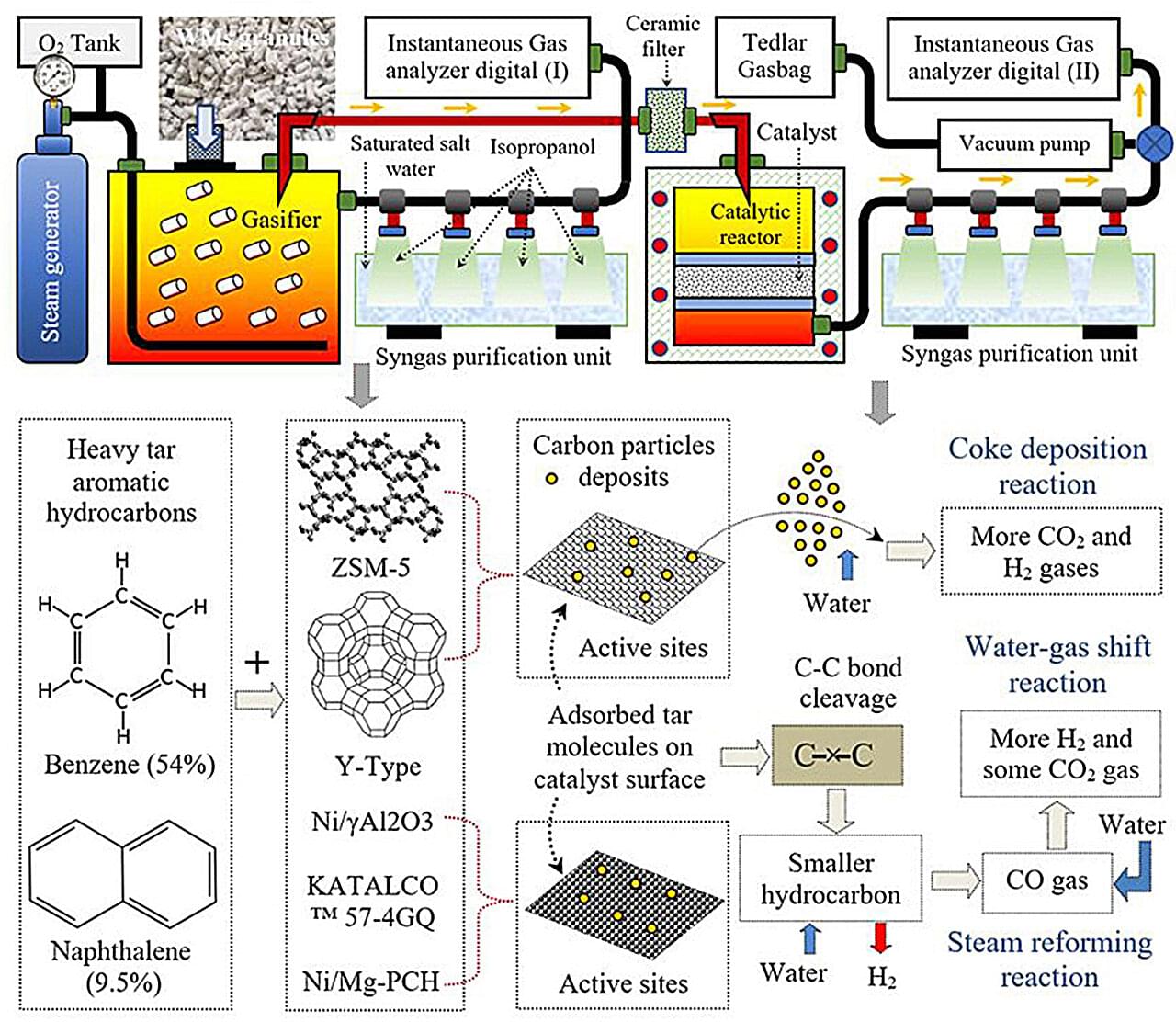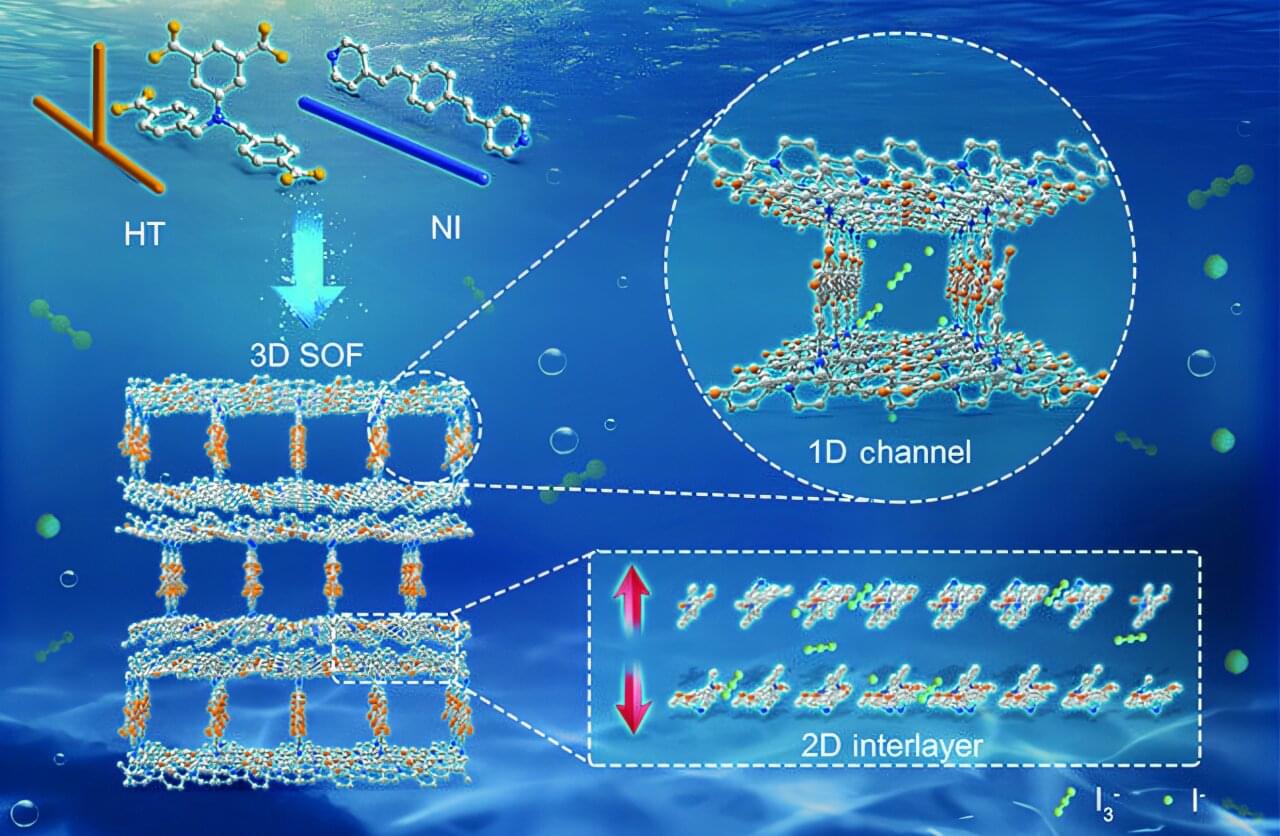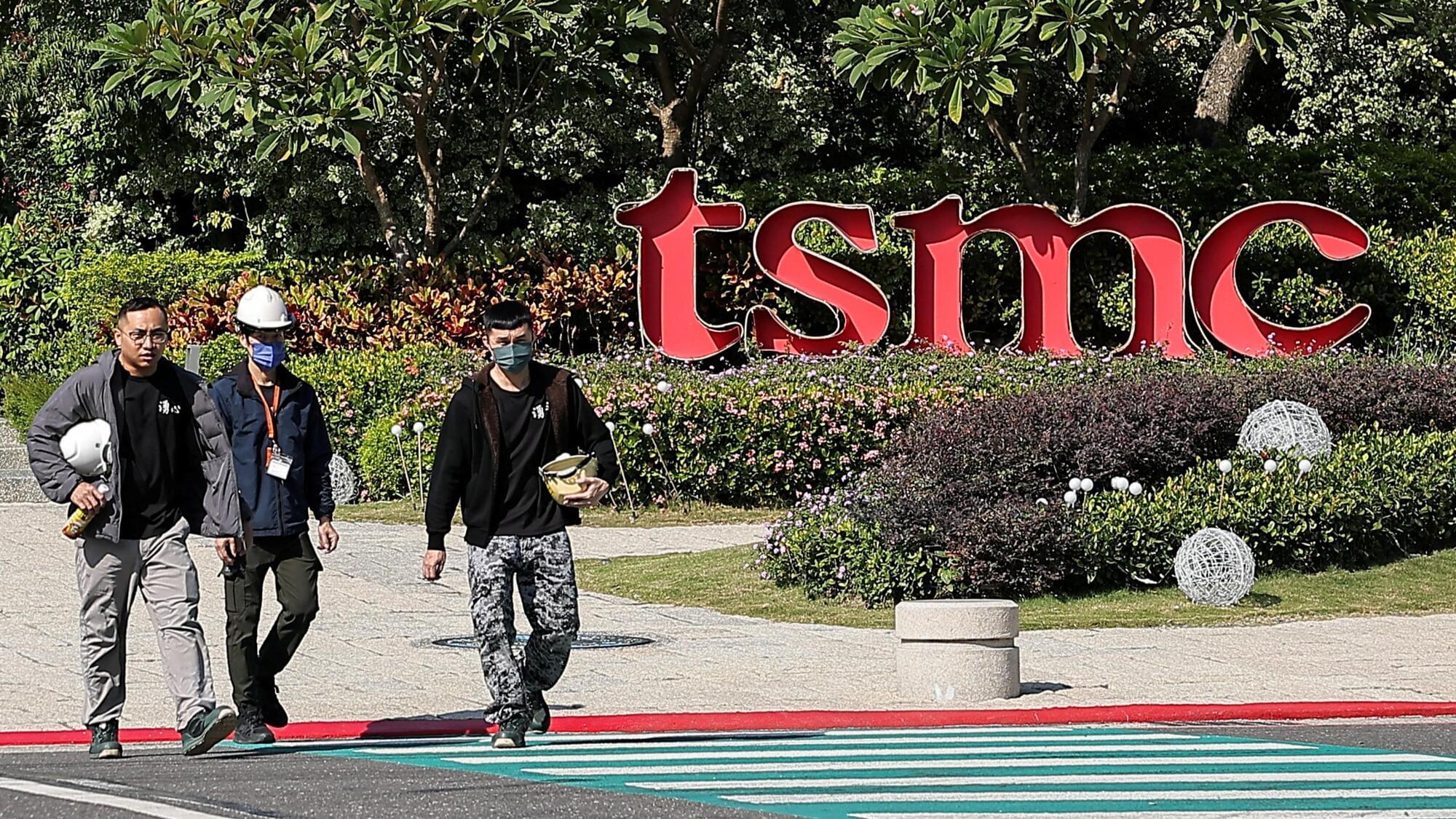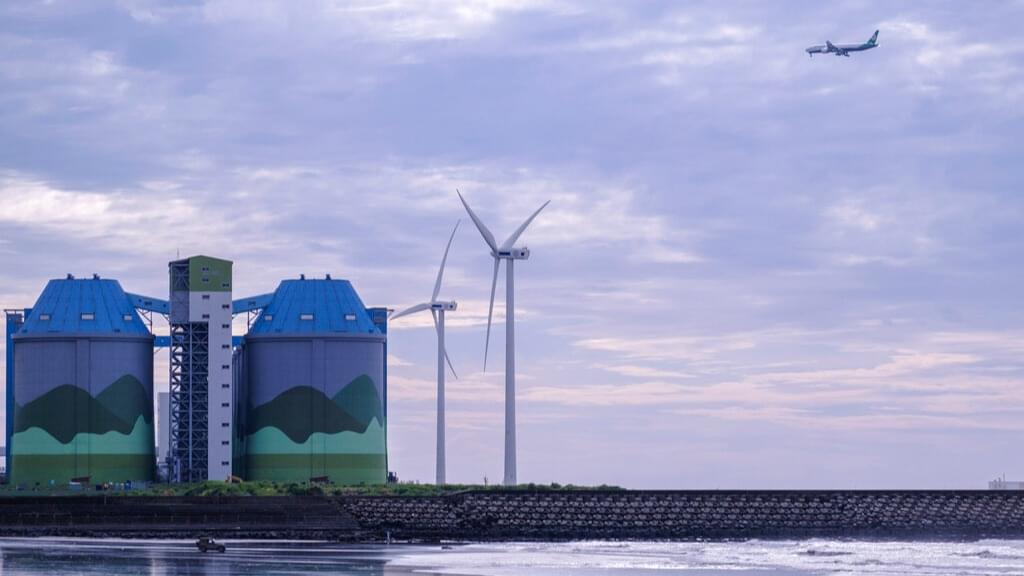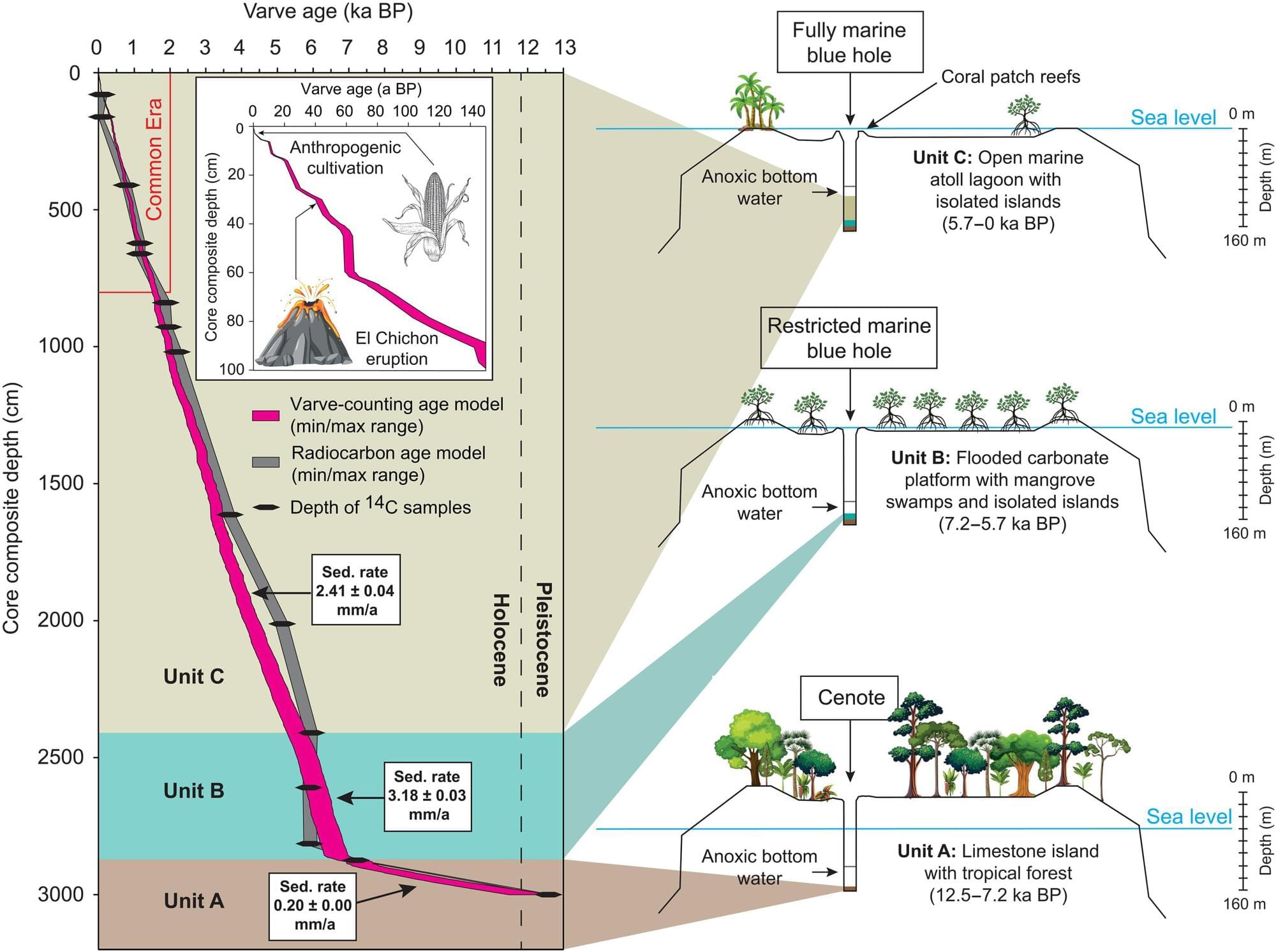As the world increasingly prioritizes sustainable energy solutions, solar power stands out as a leading candidate for clean energy generation. However, traditional solar cells have encountered several challenges, particularly regarding efficiency and stability. But what if there was a better alternative? Imagine a solar cell that is affordable, more stable and highly efficient. Does it sound like science fiction? Not anymore. Meet SrZrSe3 chalcogenide perovskite, a rising star in the world of photovoltaics.
Our research team at the Autonomous University of Querétaro in Mexico has recently unveiled a solar cell crafted from a unique material called SrZrSe3. This novel approach is turning heads in the pursuit of affordable and efficient solar energy.
For the first time, we have successfully integrated advanced inorganic metal sulfide layers, known as hole transport layers (HTLs), with SrZrSe3 using SCAPS-1D simulations. Our work, published in Energy Technology, has significantly raised the power conversion efficiency (PCE) to an impressive rate of more than 27%, marking an advancement in solar technology.
